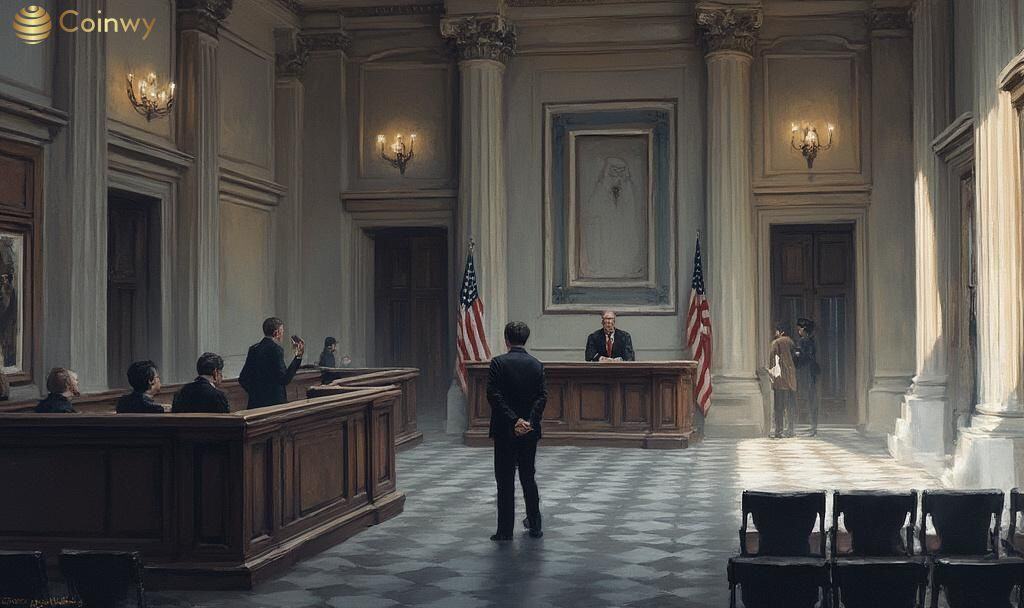- Ohio House Bill 469 aims to ban human-AI marriages.
- The bill denies AI systems legal personhood.
- Legislation focuses on AI, not impacting cryptocurrencies or blockchain.
Ohio State Representative Thaddeus Claggett has introduced a bill to ban human-AI marriages and deny legal personhood to AI systems, advancing through state legislative processes.
The bill’s implications are significant for AI governance, though it has no direct impact on cryptocurrency markets, remaining a localized legislative issue within Ohio’s political landscape.
Ohio House Bill 469 introduces legislation to ban human-AI marriages and deny AI systems legal personhood. The bill, sponsored by Thaddeus Claggett, targets AI systems’ legal capabilities, avoiding implications on cryptocurrencies or blockchain sectors.
Overview
Thaddeus (Thad) Claggett, a Republican from Licking County, spearheads the bill. It aims to prevent AI from obtaining spousal privileges or rights traditionally reserved for humans, focusing solely on AI legal status, not crypto technologies. Claggett emphasized the intent, stating,
The intent is to ensure that AI remains a tool, not a partner in any legal sense.
The bill’s immediate impact is on legal frameworks surrounding AI, with developers facing liability for system harm. Ohio’s legislative process sees ongoing hearings with broader debates expected, affecting AI regulatory discourse but not blockchain or crypto assets.
Political implications are unfolding, highlighting debates on AI’s future role in society. This legislation does not involve financial markets directly, leaving DeFi and crypto assets unaffected while focusing on AI’s potential legal status under Ohio law (source).
Community Reactions
Community reactions remain primarily within Ohio, with limited national discourse. AI developers may face increased scrutiny, but blockchain and DeFi communities see no regulatory effects stemming from this state-level legislative effort.
Potential outcomes include increased clarity on AI legal limits but little crossover into financial sectors. Historical trends show similar separations, with legal debates aligning with state governance over AI rather than digital asset markets.





